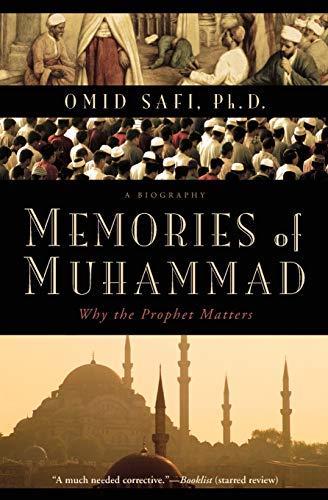What do you think?
Rate this book


Paperback
First published January 1, 2009
"for the past few years, the majority of Muslims have had to spend far too much time discussing what Islam is not about: Islam is not about extremism, Islam is not about terrorism, and Islam does not sanction the oppression of women. Somewhere along the way far too many have lost the opportunity to talk about what Islam does stand for, what it should stand for, and, with God's grace, what it will stand for."
“Just as we are told that we can only see Layla through the eyes of Majnun, we can only perceive the full importance of Muhammad by looking through the eyes of the tradition of Islamic piety, learning, and spiritual practice that grew up around the memory of the Prophet.”